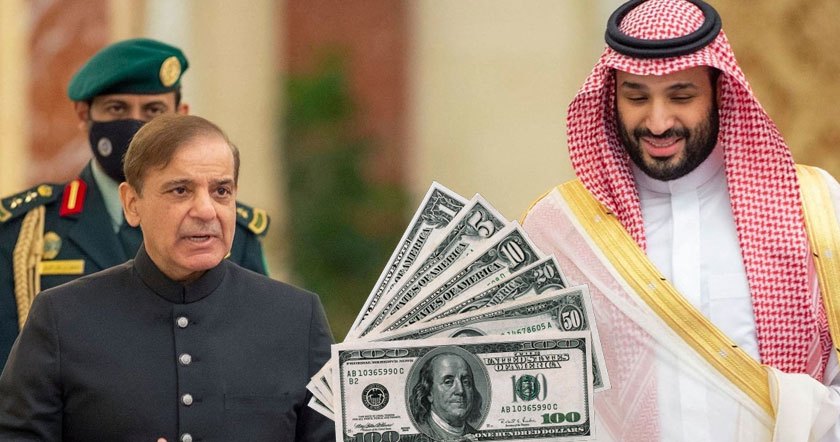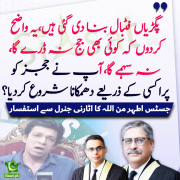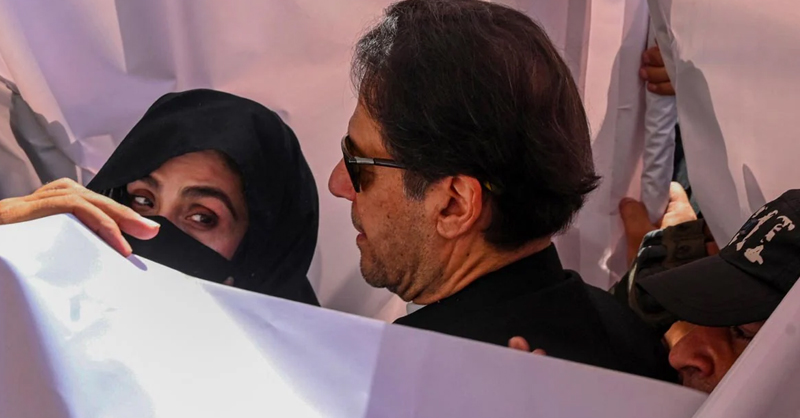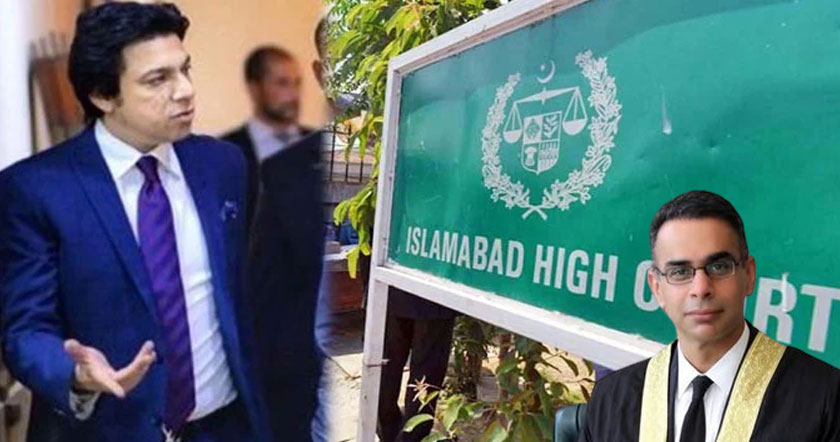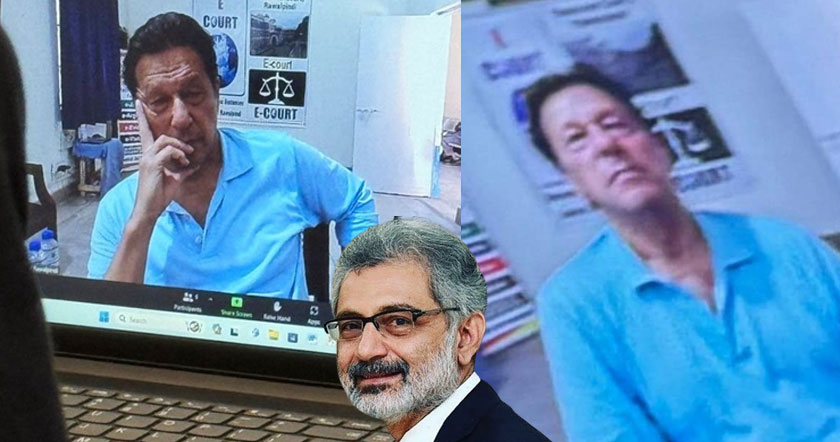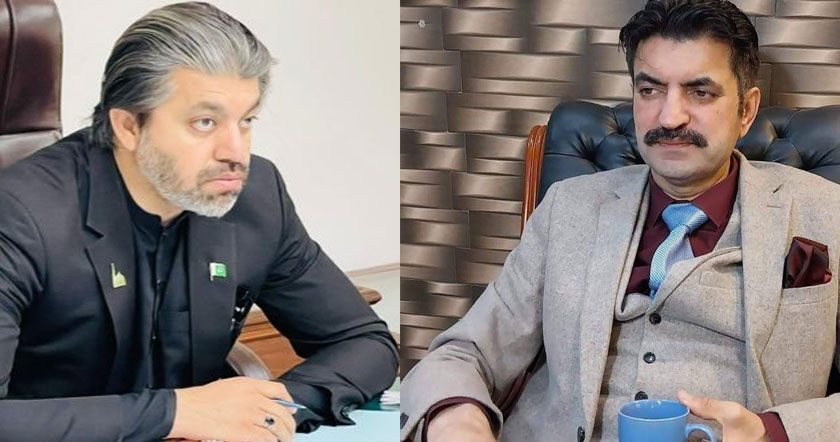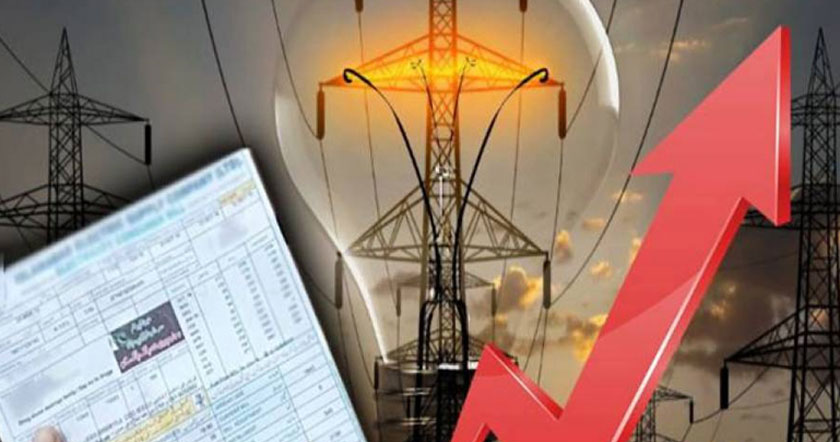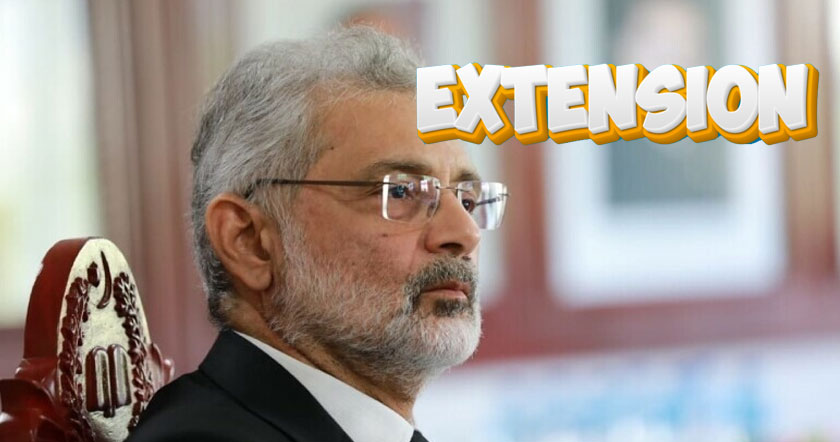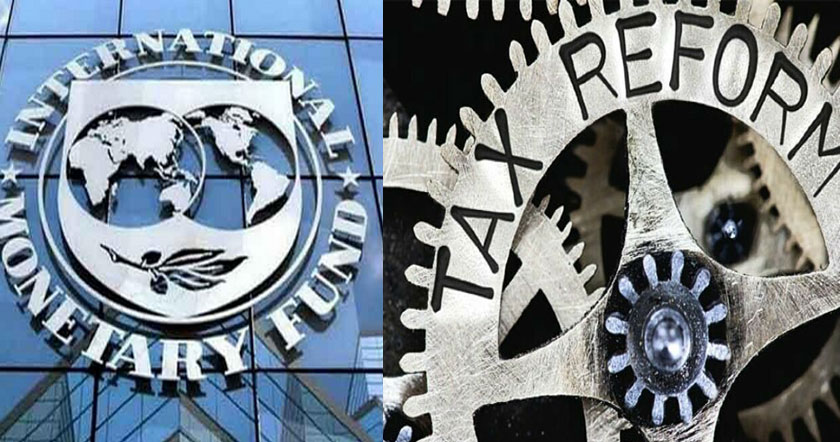Saudi Arabia tells Pakistan: No more easy money
Saudi Arabia and the IMF are both demanding economic reforms from Pakistan, with the kingdom no longer prepared to bailout Islamabad
Pakistani soldiers patrol next to welcoming posters of Saudi King Salman and Crown Prince Mohammed bin Salman in Islamabad, in 2019 (AFP)
By
Sal Ahmed in Karachi
Published date: 18 March 2023 09:30 UTC | Last update: 1 day 5 hours ago
Saudi Arabia's decision to refuse to provide any further bailouts or interest-free loans to
Pakistan has left the government in Islamabad in shock and has prompted the finance minister to complain that even friendly countries aren’t keen on helping Pakistan out of its economic emergency.
Pakistan is in dire need of sustained US dollar inflows to avoid defaulting on nearly $80bn of international loan repayments over the next three and a half years. The country is currently sitting on
just $3bn in foreign exchange reserves.
'Saudi Arabia is on a different course now. They've reset their relationship with other countries...'
- Kamal Alam, Atlantic Council
Pakistan is also locked in difficult negotiations with the International Monetary Fund (IMF) over its 13th bailout package since the 1980s.
If an agreement isn’t struck soon, Pakistan will find it increasingly difficult to secure international loans, as its credit rating has been downgraded to junk.
Analysts privy to recent developments have told Middle East Eye that Saudi Arabia has conditioned fresh interest-bearing loans and investment on Pakistan implementing strict monetary and fiscal reforms along with a drastic reduction in its current account deficit - conditions similar to those set by the IMF.
Umar Karim, associate fellow at the King Faisal Center for Research and Islamic Studies, said Pakistani authorities are in a state of shock.
“While previously Saudi Arabia and other Gulf countries would bail Pakistan out off the back of a phone call from the foreign minister or the prime minister, this time around they are really being put through the mill,” Karim told MEE.
It is believed that on a recent trip, even the Pakistani military chief couldn't convince Saudi Crown Prince Mohammed bin Salman to release emergency funding for the country.
Karim believes this sets a new precedent. “The Pakistani military chiefs have previously been a source of assurance to friendly countries, but the Saudis have now had enough of Pakistan's civilian authorities squandering away these handouts,” he said.
New world order
At the World Economic Forum in Davos in January, the Saudi finance minister made the kingdom's new policy very clear.
Mohammed al-Jadaan said: “We used to give direct grants and deposits without strings attached and we are changing that. We are working with multilateral institutions to actually say we need to see reforms.”
“We are taxing our people, we are expecting also others to do the same, to do their efforts. We want to help but we want you also to do your part.”
'There is also a major trust deficit between the Pakistani government and the IMF'
- Khaqan Najeeb, former government adviser
Kamal Alam, senior fellow at the Atlantic Council, said that Pakistani authorities should have read the pattern.
“Saudi Arabia is on a different course now. They've reset their relationship with other countries and refused to give financial handouts to namely: Jordan, Morocco and even Egypt. However, Pakistan, which is far more dysfunctional than all of the others, should have seen it coming,” Alam told MEE.
“Pakistan's been lulled by a false sense of security”, the analyst said, “that with a population of over 220 million and a comprehensive nuclear weapons programme, it’s too big for the world to let it fail. This has bred complacency across successive governments and the country's military leadership of easy loans or bailouts.”
Khaqan Najeeb, former adviser to Pakistan’s finance ministry, said the Saudis want Pakistan to sign a deal with the IMF and only then will they see any loans or investment.
“The Pakistani government's delay in implementing essential monetary and fiscal policies, as demanded by the IMF, has hurt the economic situation,” Najeeb said.
“There is also a major trust deficit between the government and the IMF and that's why the Fund is making sure Pakistan implements these policies before it receives any further funding or the important stamp of approval."
Meanwhile, the rate of inflation in Pakistan is set to hit 33 percent in the coming months and the country's currency has devalued nearly 65 percent in the last 12 months.
A homeless man sleeps in a concrete waste wipe on a roadside in Karachi, July 2020 (AFP/Rizwan Tabassum)
Nearly six months ago, in a bid to stem the outflow of foreign exchange, the Pakistani government stopped almost all imports, leading to a raw materials shortage across manufacturing sectors and a temporary shutdown of several automobile manufacturing plants and textile factories.
Najeeb argues that with high inflation, slow growth and high interest rates around the world, there is less money available for emerging markets like Pakistan, and that without the IMF's “stamp of approval” even friendly Gulf kingdoms will remain shy of investing in the country.
“Friendly countries too want to see reforms in Pakistan, however this time they are going for an investment model as opposed to previously when they would simply deposit a few billion dollars in Pakistan's state bank. This might turn out to be better for the country,” Najeeb told MEE.
What to reform and what follows that?
Kamal Alam told MEE that it was “very obvious” that “the delay in implementing IMF reforms is because the political elite wants to avoid them - deep-set corruption in government is at the heart of it.”
Alam said that a culture of “zero accountability has completely wrecked trust in Pakistani leadership, at home and abroad”.
Pakistan is
ranked 140 on Transparency International's Corruption Perceptions Index for 2022, not a favourable ranking, Alam said, if the country wants to attract foreign investment.
Najeeb, who worked in government, said that just attracting foreign investment will not solve Pakistan's problems in the long-term and that the country needs to expand its tax base and improve tax collection.

Imran Khan denies selling state gifts given to him by Saudi crown prince.
“Pakistan's agriculture sector contributes 23 percent of total GDP, while tax collection across the sector is very poor,” he said. “Similarly Pakistan's retail and real estate sectors also contribute heavily to the GDP but almost completely avoid taxation.”
The Saudis are also unhappy with the way Islamabad is behaving these days, said Umar Karim.
“The current prime minister has a 77-member ministerial cabinet, the largest in the world; they all receive full perks and privileges. Why would the Saudis help you if you continue to afford yourself such luxuries while they are putting themselves through a cost-cutting drive?” he told MEE.
Karim believes the Saudis are interested in investing in Pakistan's energy sector - both fossil fuels and renewables – and that they are also interested in investing in the country's booming IT sector. But this investment, he said, would only happen after Pakistan implemented economic reforms.
While Pakistan is besotten with a crippling power crisis, Saudi investment in the renewable energy sector could be crucial. A
2020 report from the World Bank suggests Pakistan has immense potential for generating power through solar energy.
“Utilising just 0.071 percent of the country's area for solar power generation would meet Pakistan's current electricity demand,” the report said.
In 2019, however, the Saudi government expressed interest in setting up an oil refinery and in making other investments totalling $10bn in Pakistan. But, Najeeb said, Pakistan would need to “revamp its board of investment” and bring in “specialist human resources and incentives” in order to take advantage of this opening.
The former finance ministry adviser said that a reset in relations with Saudi Arabia would be good for Pakistan and could prove to be a wake-up call.
For Pakistan, the days of easy money are over.
Middle East Eye delivers independent and unrivalled coverage and analysis of the Middle East, North Africa and beyond. To learn more about republishing this content and the associated fees, please fill out this
form. More about MEE can be found
here.
Source: Middle East Eye
https://www.middleeasteye.net/news/saudi-arabia-pakistan-shape-up-easy-money-end